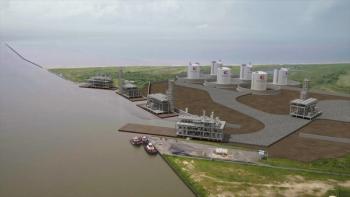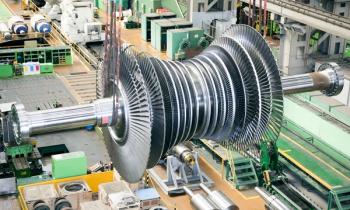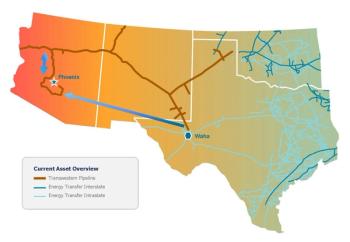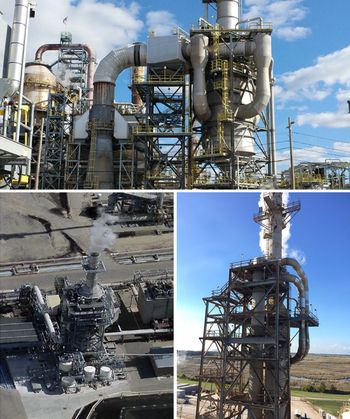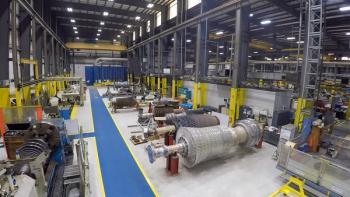
Project “ROBINSON” launches with plans to decarbonize European islands
Project “ROBINSON,” which consists of 18 partner companies and institutions from 10 European countries, officially launched on October 1. The project plans to develop an integrated energy system to help decarbonize islands. Islands often find it challenging to ensure a clean, secure and cost-effective supply of energy. The key is to decrease dependency on fossil fuels and become energy self-sufficient through a mix of renewable energy generation and storage infrastructure.
The project is funded by the EU Research and Innovation Program Horizon 2020 and has an overall budget of approximately €8.4 million and will run for 4 years, between October 2020 and September 2024.
Eighteen partners of the consortium will work together to develop and deploy an integrated, smart and cost-efficient energy system coupling thermal and electrical networks, which will optimize the use of local renewable energy sources. The system will be demonstrated on the island of Eigerøy in Norway and lab-scale level replication studies will be conducted for the island of Crete in Greece and the Western Isles in Scotland. It is hoped that the system can be replicated in other European islands and remote areas by using the modularity of the Energy Management System (EMS) that will be developed throughout the project.
The ROBINSON EMS will develop an efficient integration of all distributed energy resources (DER), energy surpluses, and storage capacities available on the island, while considering demand-side response, power balancing, weather forecast and market-related costs. This integrated system will ensure a reliable, cost-efficient and resilient energy supply contributing to the decarbonisation of the European islands by helping to decrease CO2 emissions.
Through the development of the optimized EMS, ROBINSON will integrate newly developed and/or adapted technologies, such as a small gas turbine based combined heat and power; anaerobic digester assisted by bioelectrochemical systems to enable the conversion of liquid waste into biomethane; a mobile innovative wind turbine; a gasifier to covert bio-waste; as well as hydrogen-related technologies (electrolyser and storage system).
The 18 partners from 10 different European countries involved in ROBINSON are: European Turbine Network - Project coordinator (BE); LEITAT (ES); NORCE Norwegian Research Centre AS (NO); Eigersund Næring og Havn KF (NO); Aurelia Turbines (FI); Paul Scherrer Institute (CH); Università degli Studi di Genova (IT); Energy Innovation AS (NO); Dalane Energi (NO); RES-T UG Renewable Energy System & Technology (DE); Prima Protein AS (NO); Funditec (ES); Hysytech (IT); Environmental Research Institute, North Highland College.
Newsletter
Power your knowledge with the latest in turbine technology, engineering advances, and energy solutions—subscribe to Turbomachinery International today.

